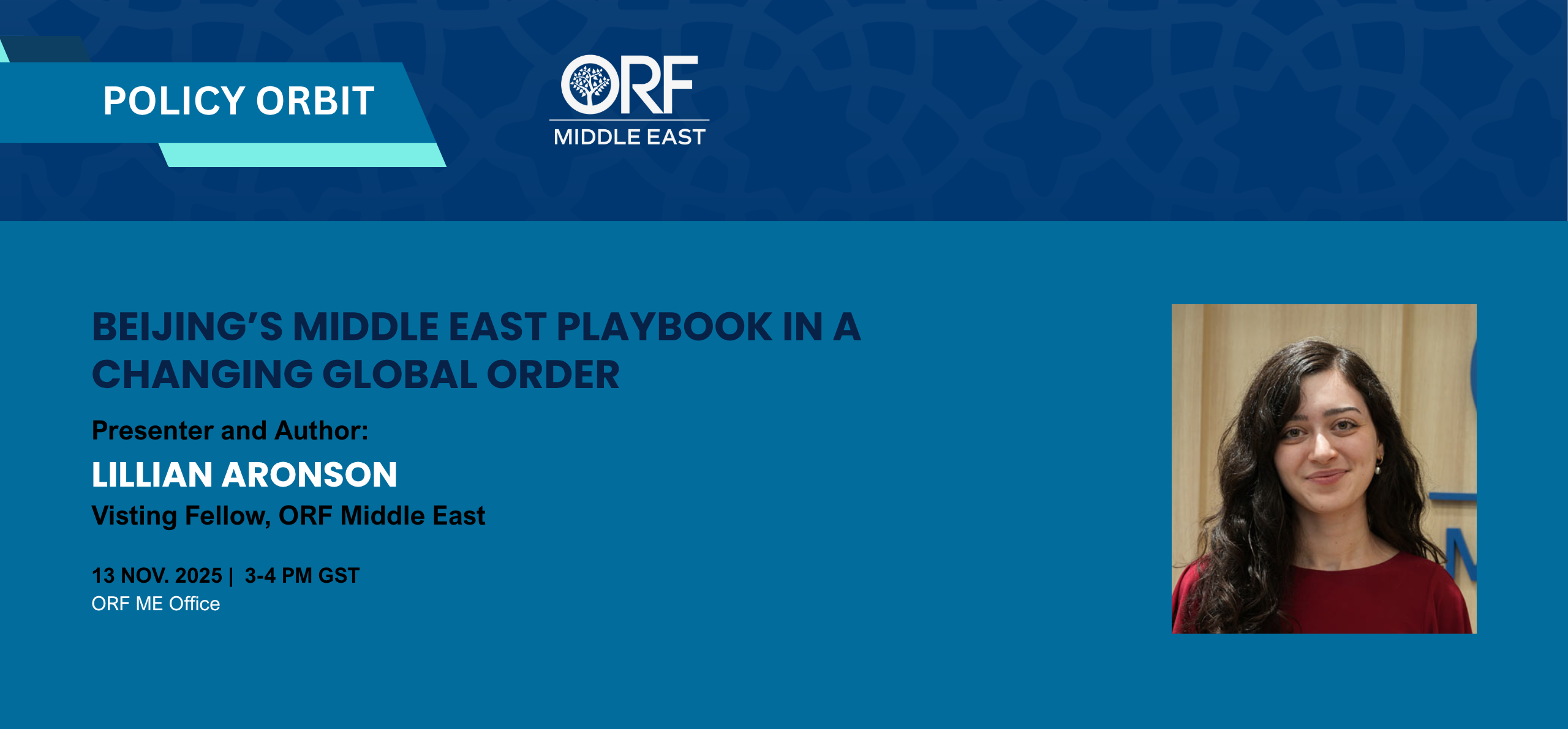13
Nov2025
While Beijing’s foreign policy is not focused on the Middle East—or ‘Western Asia’, the term used more frequently by the Chinese to refer to Turkey, the Levant, Iraq, Iran, and the Gulf countries—its footprint in the region is expanding. Many of the People’s Republic of China’s short-term aims, such as securing energy, have remained unchanged since the Cold War, but the country’s rise on the global stage is increasingly creating a need for a long-term strategy suited to the changing world order. Since the start of the Gaza war, Chinese diplomats have adopted a more vocal stance on Middle East issues like the Israeli-Palestinian conflict, leveraging tensions with the West to boost their country’s public image and try to undermine United States dominance. This stance, however, comes with new risks and responsibilities. The strong regional presence of the US, which is increasingly engaging in global power competition with China and trying to curb its influence, presents additional limitations. The aim of this brief is to map Chinese interests in the Middle East and North Africa (MENA) to better understand possible strategies for the future against the backdrop of turbulent global politics.
This session will unpack Chinese interests in the Middle East and North Africa in the economic, security, and political realms to better understand possible strategies for China in the future against the backdrop of turbulent global politics.
Speaker

Lillian Zsófia Aronson
Visiting fellow, ORF Middle East







